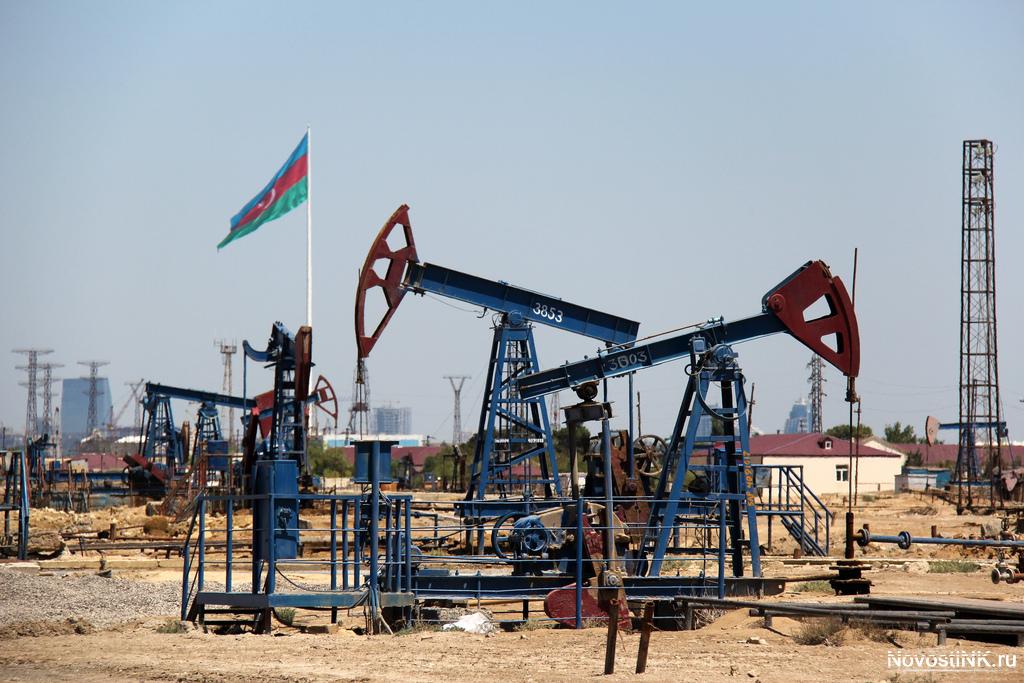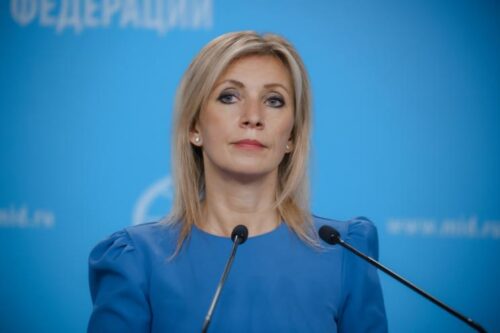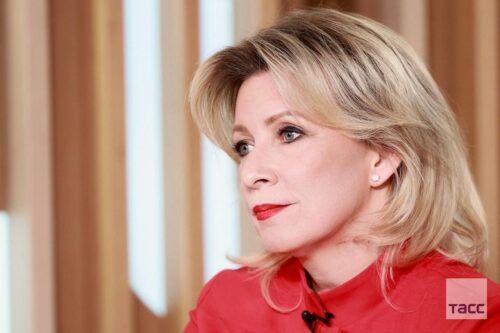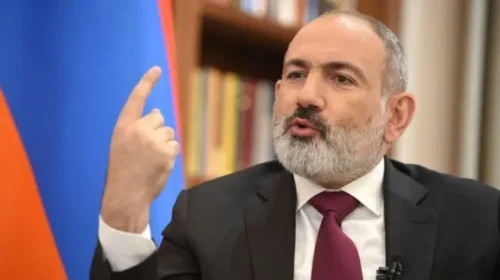
Carnegie: The primary beneficiaries of Azerbaijan’s oil revenues are the country’s ruling elites
Azerbaijan’s hosting of the U.N. Climate Change Conference—known as COP29—has come under considerable scrutiny—both because of the country’s human rights record and because a petrostate has again been selected to host a climate conference, Carnegie think tank says in a detailed analysis of the connection between Azerbaijan’s oil company and political elites.
As noted, the day-to-day operations of Azerbaijan’s oil and natural gas deposits are overseen by the State Oil Company of Azerbaijan (SOCAR). SOCAR is involved in the exploration, extraction, transportation, and sale of Azerbaijan’s oil and gas, both domestically and internationally. SOCAR also manages a small number of the country’s older oil fields. More importantly, it holds a joint stake in all of Azerbaijan’s production-sharing agreements, which lay out arrangements between SOCAR and foreign oil companies to explore and develop the country’s largest fields. The company’s far-reaching operations have made it not only Azerbaijan’s largest employer but also the country’s biggest single source of state revenue.
In 2024, payments from SOCAR alone are expected to constitute 7 percent of the government’s total revenue.
Azerbaijan’s oil industry and political structures are intimately linked. President Ilham Aliyev served as vice president of SOCAR from 1994 to 2003. More formally, the head of SOCAR reports directly to the country’s president, who holds the power to appoint and dismiss members of the company’s governing bodies, including the supervisory and management boards. All of SOCAR’s production-sharing agreements require the president’s approval. While Azerbaijan’s parliament also has the power to scrutinize these deals, in practice it does not exercise a significant oversight role. The government has excluded other stakeholders, such as opposition parties and civil society organizations, from its resource governance processes.
Similarly, the State Oil Fund of Azerbaijan (SOFAZ) functions under the direction of the president. In reality, it has been used in part to cover short-term budget shortfalls and fund massive public infrastructure projects.
Currently managing $57 billion in reserves, SOFAZ is legally separate from Azerbaijan’s government and central bank. However, the president appoints—and can dismiss—the fund’s executive director and approves appointments to its supervisory board as well as the independent auditor that investigates SOFAZ’s accounts. Aliyev also controls the fund’s strategic direction and expenditure, including transfers from the fund to the state budget. SOFAZ thus functions as a key link in distributing oil rents and funding the regime’s patronage networks.
Besides the state itself, the primary beneficiaries of Azerbaijan’s oil boom have been the country’s ruling elites. Allegations of corruption in Azerbaijan’s oil industry date back to the original investment deals in the 1990s.
Elites have also profited from public projects funded by the state. Azerbaijan’s ostensibly private sector has been structured around a series of large-scale holding companies, which stand out for the depth and breadth of their holdings as well as their close ties to political elites. For example, Pasha Holding—associated with First Lady Mehriban Aliyeva’s family, the Pashayevs—has investments across the travel, insurance, banking, retail, real estate, and construction industries. Gilan Holding, founded by Kemaleddin Heydarov, is another of Azerbaijan’s biggest and most successful conglomerates, with major stakes in the banking industry, luxury hotels, a soccer club, and a construction company. Heydarov served as chairman of the State Customs Committee and has been minister of emergency situations since 2006.
Other major holding companies have included Ata Holding, founded in 2003 by Fazil Mammadov, the tax minister at the time; ZQAN Holding, linked to Zia Mammadov, the minister of transportation until 2017; and Silk Way Holdings, co-owned by the president’s daughters.
At the same time, there has been an increasing centralization of political and economic life around the ruling family. Ilham Aliyev has served five consecutive terms in office. In the February 2024 presidential election, he was reelected with 92 percent of the vote. A 2016 referendum extended presidential terms from five to seven years and created the post of vice president. First Lady Aliyeva has held this role since its inception.
Reports suggest that conglomerates linked to the Aliyevs and their close associates have benefited from privileged access to state contracts. Through Azerbaijan’s oil boom, these firms have won rights to carry out major construction and infrastructure projects—often through opaque bidding processes.
Europe must not fall into the trap of turning a blind eye to Azerbaijan’s governance challenges. It is crucial that work to diversify and decentralize Azerbaijan’s economy be accompanied by reforms that ensure that all citizens share in the benefits. To this end, the EU needs to insist on international standards for open, transparent tendering for joint infrastructure projects, accompanied by appropriate monitoring of accounts and investments.



